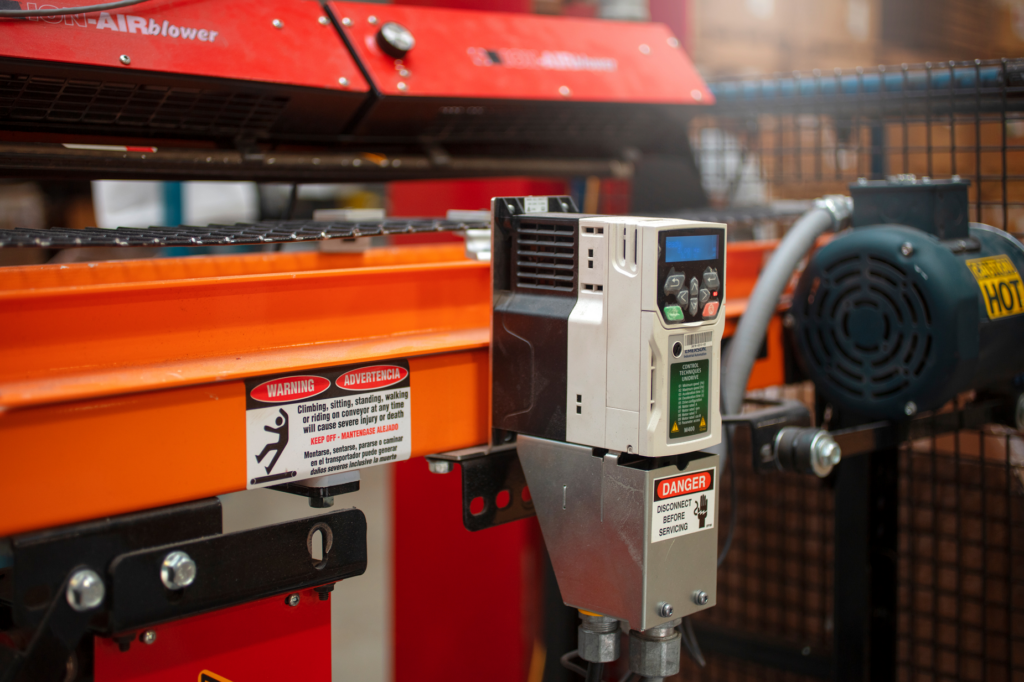In the competitive world of plastic manufacturing, efficiency is a critical factor for success. By optimizing production processes, reducing waste, and increasing throughput, manufacturers can improve profitability and sustainability. At Marne Plastics, we’re committed to continuous improvement, and we implement several best practices to drive efficiency and quality in our operations. Here’s how we do it:
Leverage Advanced Technology for Smarter Production
At Marne, we integrate cutting-edge technology to enhance production efficiency. Our full ERP system tracks machine output, inventory, and quality assurance checks in real-time, providing us with invaluable insights into every aspect of our manufacturing process. This enables us to make informed decisions that reduce downtime and maintain optimal machine performance.
Additionally, our injection molding process benefits from automation, which not only speeds up production but also ensures consistent quality across batches. Robotics help with part removal, assembly, and packaging, minimizing human error and maximizing output.
Recycle Materials and Minimize Scrap
Reducing waste is a key strategy for improving efficiency and sustainability. At Marne, we take a proactive approach by recycling scrap plastic and regrinding it for reuse. This not only cuts material costs but also contributes to environmental sustainability.
In addition, our team optimizes part designs to minimize waste during molding, using advanced gating systems that reduce scrap and shorten cycle times. Our well-maintained molds further ensure minimal defects and better efficiency, as we carefully inspect and maintain molds whenever they are taken in and out of machines.
Ensure Regular Equipment Maintenance
Efficient production depends on well-maintained equipment. At Marne, we schedule regular maintenance and calibration for all our machines to prevent unexpected downtime. Our proactive approach ensures that our machines run smoothly, reducing the likelihood of costly repairs and production delays.
We also monitor key performance indicators (KPIs), such as cycle time, yield/defect rate, and machine uptime, to continuously assess and improve our processes. This data-driven approach helps us identify areas for improvement and optimize production efficiency.

